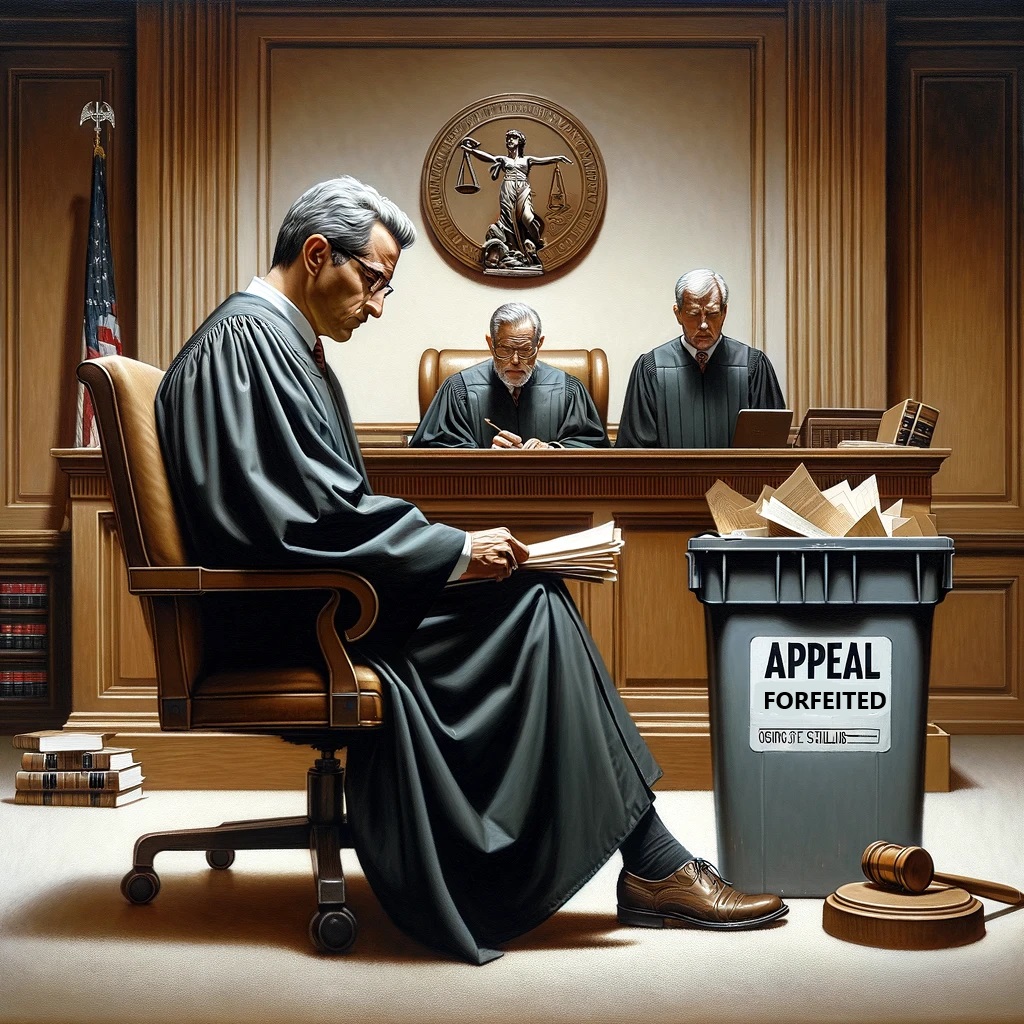
Ashford University, an admissions mill, was found to have made a pattern of misstatements in the admissions process—1.2 million of them—ranging from misstating that a degree would qualify graduates for teaching and helping careers, and downplaying financial aid and debt obligations. The university appealed the amount of the award, clocking in at over $22 million. And in the published opinion in People v. Ashford Univ. (D4d1 Feb. 20, 2024 No. D080671) [cert. for pub.], the court affirmed.
The court began by faulting the university for presenting itself in a positive light that did not comport with the adverse rulings against it. The trial court had found that Ashford had deceived disadvantaged students, so Ashford could not take to their appellate briefs to claim they "sought to be a 'place of opportunity'" for those same students. Same goes for the trial court’s finding that Ashford used high-pressure tactics to get their representatives to make the sale at all costs: Ashford could not now claim there mission was to “help and educate.”
These tactics violate California Rules of Court, rule 8.204(a)(2)(C), and the court adopted Jon Eisenberg gloss in the Rutter Guide that this requires the brief to “accurately and fairly state the critical facts (including the evidence), free of bias.”
Ashford protested that its appeal was not challenging the evidence, the university assured the court, so it had some latitude to “limit their discussion” of the facts against it. The court disagreed: the university was not narrowing the issues but 'reargu[ing] the "facts" as [they] would have them.'” The court concluded that, just because the appeal does not challenge the liability findings, appellants do not have “free reign to use their factual recital to present a slanted narrative simply because their appeal involves a different standard of review.”
And to show Ashford its displeasure, the court ruled that—if Ashford had intended to challenge the liability findings—the challenges were forfeited: “We disapprove of the distorted narrative defendants have presented here. And while defendants deny that they have raised a sufficiency of the evidence challenge to the trial court's factual findings, we observe that any such challenge has also been forfeited due to their briefing violation.”
That was not the end of Ashford’s briefing defects. Ashford also challenged the amount of damages by arguing the penalty amounted to a “financial death penalty.” But this argument concerning Ashford’s financial condition was not supported by cites to the record. “We disregard all such unsourced factual assertions.” The assertions also could not be supported by pointing to the evidence submitted in posttrial motions.